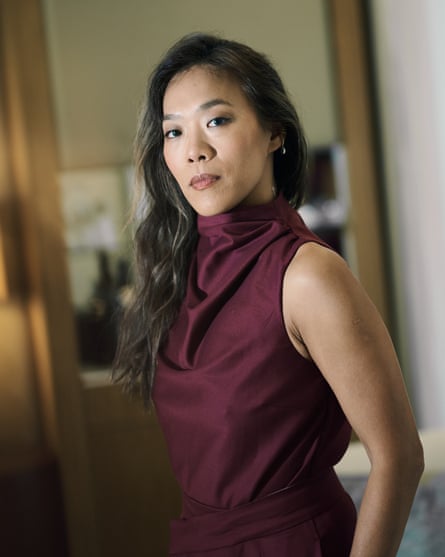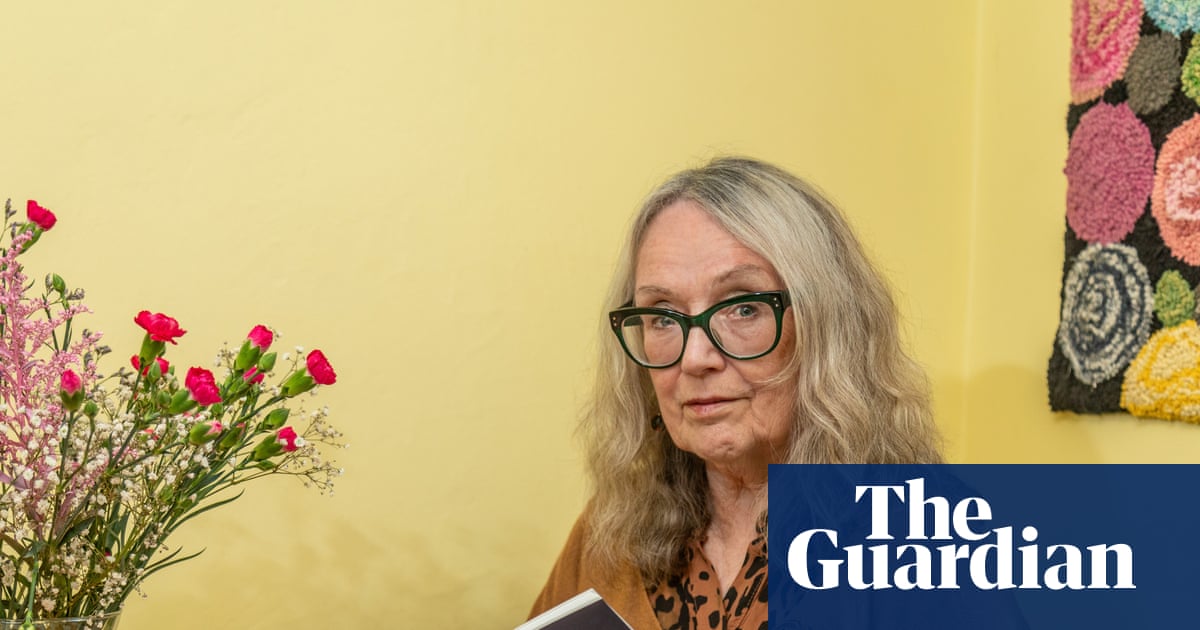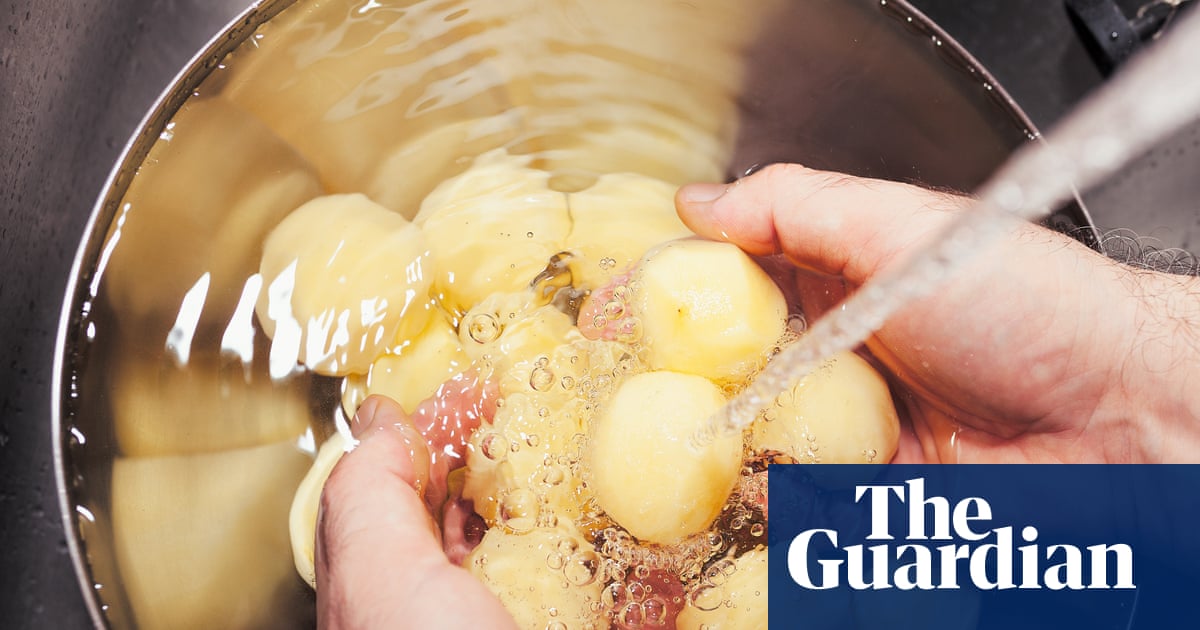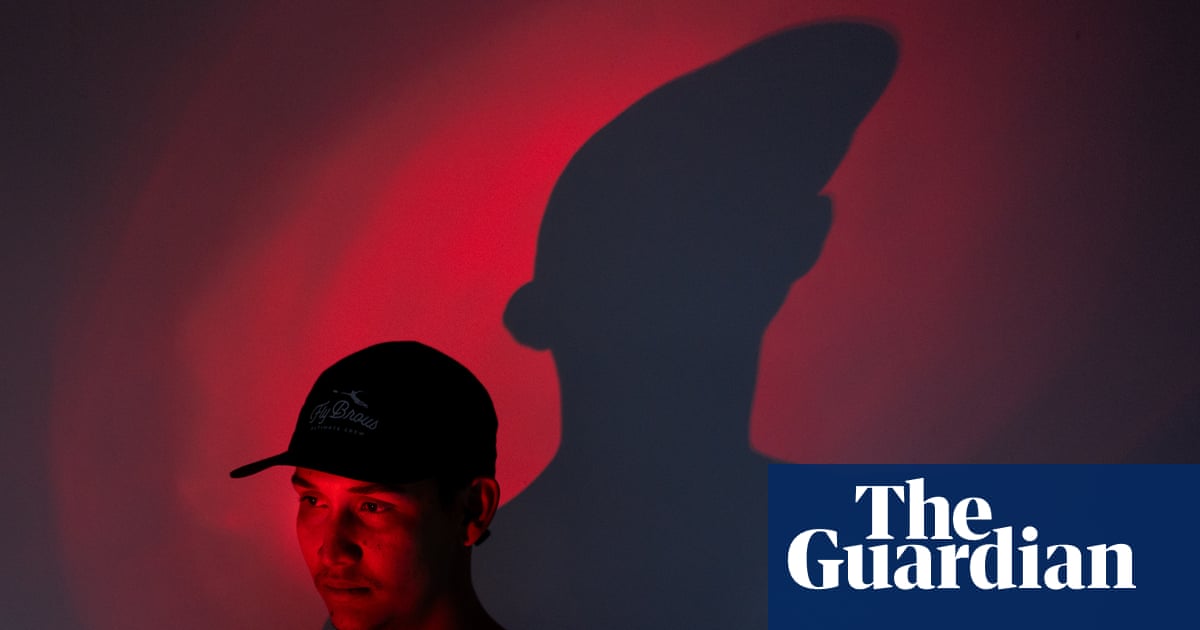The teenage Shih-Ching Tsou was at home in Taipei cooking a meal one day when she picked up a knife with her left hand. “My grandfather told me the left hand is the devil’s hand. He said: ‘You should not use that.’” Up until then, the Taiwanese-American film-maker hadn’t even realised she was left-handed. “I was already ‘corrected’, probably in kindergarten, by the teacher.”
That conversation – and the lingering sense of shame – stayed with her, Tsou says. She spoke to her mother about it. “She told me she was left-handed too and got corrected” – forced to use her right hand – “because at the time, they said you had to do the same as other people.”

Decades later, she has turned that childhood incident into a scene in her new film, Left-Handed Girl, which follows a sweet-natured Taiwanese five-year-old, I-Jing (Nina Ye), grappling with what she believes to be her own “devil’s hand”. Her mother, Shu-Fen (Janel Tsai), a noodle stall owner, is struggling with money problems while I-Jing’s rebellious older sister, I-Ann (Shih-Yuan Ma), is dealing with the fallout from an affair with her married boss. I-Jing starts to shoplift, her left hand taking on a sinful life of its own.
Tsou found Nina, who started acting in commercials when she was three, through a casting director friend. “When I cast her, she was six, so she was really experienced,” says the director over a video call from the Zurich film festival. “She knows exactly what to do in front of the camera.” She was surprised to find out that her young star had also been left-handed but had been corrected by her grandmother. “We had to retrain her to use her left hand. When I heard, I was like, ‘Oh, my God, this still exists.’”
Shot entirely on iPhones, Left-Handed Girl is a raw and empathic story about family secrets, resilience and the struggles of being an Asian woman in a society that still prizes sons over daughters. Tsou recounts how she once went back to Taiwan for the annual Qingming festival, where families clean their ancestors’ graves. “My mother was talking only about my brother, because she thinks I’m already married off, so I’m not part of the family any more. That’s very traditional thinking.”
Tsou grew up in Taipei and moved to New York to do a master’s. “I actually moved out of my parents’ home when I was 14 so I was used to being alone,” she says, explaining how she left after getting into fights with her “very strict” dad. “I was very rebellious. I would talk back.” Emigrating to the US years later, she was glad to get away from what she calls the “limitations” of Taiwanese society. “I have darker skin,” she says, gesturing to her arm. “But they expect girls to have pale skin to be considered pretty.” In the summer, she would avoid wearing short sleeves. “Because my mum would say, ‘You don’t want to get tanned.’”
It was at the New School that she met Sean Baker, the Oscar-winning Anora director, who was then a fellow student. She brought up her experience of being left-handed in Taiwan. “That was actually the very first idea I wanted to make into a film.” The pair bonded over their love of Dogme 95 films and Korean cinema.
Tsou went on to co-direct, co-write and co-produce her first film with him, 2004’s Take Out, a gritty look at the life of an illegal Chinese immigrant. Since then Tsou has worked on many of Baker’s films as a producer, including Tangerine and The Florida Project as well as taking on other roles on set such as costume designer and even making the odd cameo. She co-wrote the script for Left-Handed Girl, her first solo feature as a director, with Baker, who also edited and co-produced the film.
The script was finished in 2010, but the pair struggled to get funding. Tsou found working on Baker’s films “so fulfilling” that she didn’t have much urge to follow up Take Out. She is also a busy mum. “I want to spend as much time as I can with my daughter, because once she turns [into a] teenager, she will probably never talk to me again.”
Left-Handed Girl has been a hit on the festival circuit since it premiered at Cannes, and has been selected as Taiwan’s submission for best international feature film at the Oscars. Tsou has been approached by many left-handed people who have told her how they, too, had been corrected. Returning to Taiwan this summer to see her family, she met up with Nina’s mother, who said that the actor’s grandmother had a change of heart. “She said: ‘OK, I don’t want to correct you any more.’ So Nina got her left hand back.”
Tsou hopes that the film will help to clear away the absurd superstitions that still persist. “I want people to watch the film and think: is there any outdated tradition I should reinvent to create a new one that’s fair to everybody?” As a plea for change, Left-Handed Girl is a gentle one, but it takes hold and doesn’t let go.

 3 months ago
142
3 months ago
142

















































